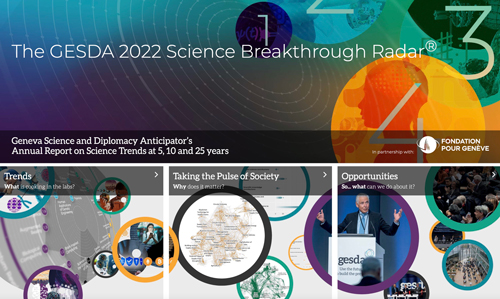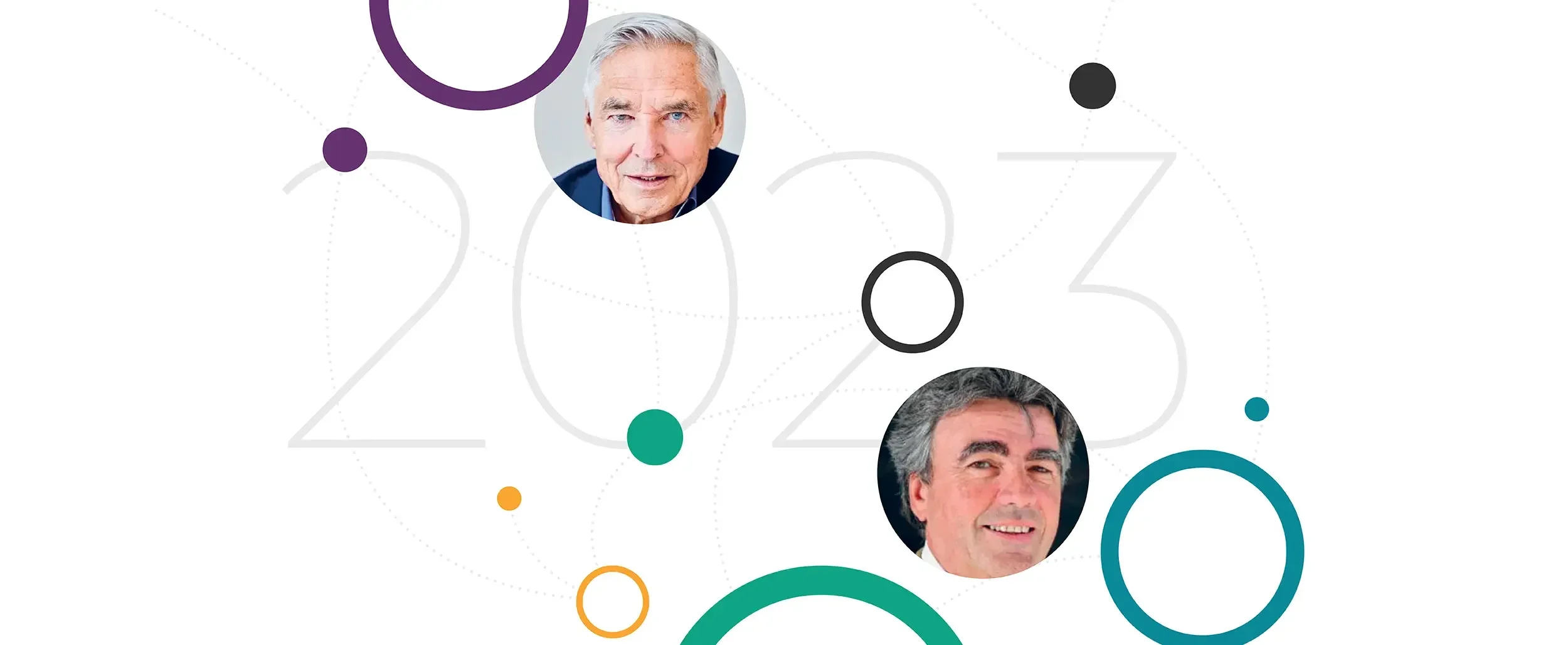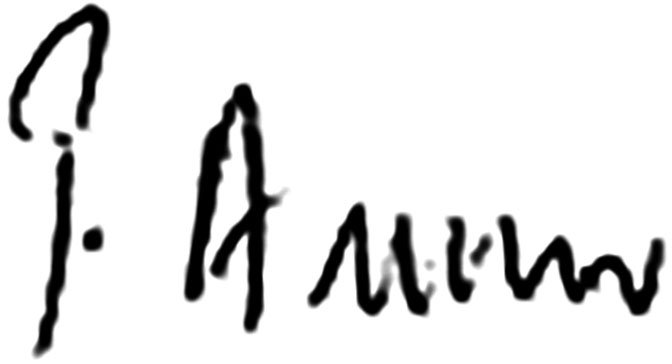Anticipation in the service of science and diplomacy is not only our raison d'être but also one of our most prominent distinguishing features.
By projecting ourselves into the future, we aim to detect in advance the major scientific and technological advances that will change the ways we live, think, and behave. Consequently, society should have the time it needs to prepare for these changes with the best possible transitions.
With this in mind we can learn a lot from the current debates raging over this year’s rapid adoption of artificial intelligence, which is changing almost every industry and starting to impact society in ways we are just beginning to understand. Many of these debates are occurring in a rushed atmosphere that is hardly conducive to the emergence of constructive long-term solutions.
To this end, our 2023 edition provides you with an update signed by Professor Emmanuel Abbé, Chair of Mathematical Data Science at EPFL, re-exploring possible developments in 5-, 10- and 25-years’ time in light of the dazzling developments of the past year. They will fuel the political segment of this year’s Geneva Science and Diplomacy Anticipation Summit organised by GESDA.
This segment is organised jointly by the Swiss Minister of Foreign Affairs and GESDA Foundation. It was inaugurated last year by the President of the Swiss Confederation and ministers from the United Arab Emirates, Singapore, Mexico, Morocco, and Estonia. The main theme this year, Augmented Thought in the Age of AI and Quantum, extends to the need to develop new types of partnerships between humans and machines.
We've also tackled topics in our 2023 Radar that will undoubtedly provoke similar and possibly even more intense debates in the future in key thematic areas such as Neurotechnology, the Future of Peace and War, and the Right to Science. These topics build upon the three main deep dives that we’ve presented in this third edition of our trademark GESDA Science Breakthrough Radar®.
Questions regarding interventional neurotechnologies were explored in depth at a dedicated seminar in Villars, Switzerland under the guidance of Professor Michael Hengartner, chair of the GESDA Academic Forum and the Science Breakthrough Radar advisory Board, and Professor Patrick Aebischer, neuroscientist and vice-chairman of the GESDA Board of Directors. The spring 2023 symposium gathered 30 top-level scientists from around the world.
We used the same approach in our discussions on the future of Peace and War during two seminars in Geneva and New York. These were organised in collaboration with the Director of the Geneva Center for Science Policy (GCSP) Thomas Greminger and Professor Jean-Marie Guéhenno from Columbia University’s School of International and Public Affairs in New York.
The theme Right to Science was addressed by 40 scientific experts at Geneva’s Brocher Foundation in the fall of 2022 under the guidance of Professor Samantha Besson, Collège de France & University of Fribourg; Professor Bartha Knoppers, Chair of the Center of Genomics and Policy at McGill University; Professor Jean-Dominique Vassalli, a former Rector of the University of Geneva, and Gérard Escher, a neuroscientist and senior advisor to GESDA.
This year’s Radar contains five global science frontier issues, 42 emerging topics, 27 breakthrough briefs, 324 possible science breakthroughs at 5, 10, and 25 years, and 9 invited contributions on new topics.
We warmly thank the 1,542 scientists who contributed to the Radar’s first three editions.
GESDA is more than a think tank; it's also a do tank. We seek international public-private partnerships and projects that lead to proposals of solutions for current and future technological challenges. Once they are approved by all shareholders, we work to transform these solutions into opportunities that open and widen the circle of beneficiaries from scientific and technological advances.
In that spirit we are pleased to present a project that is ready for launch: the Open Quantum Institute (OQI), which is the most advanced component of GESDA's Quantum for All Initiative.
It represents the culmination of efforts that can be traced to the first edition of our Radar published in 2021. Our emphasis on the importance of future quantum technology — and the need to ensure that everyone can benefit from it — continued through our two subsequent Geneva Science and Diplomacy Anticipation Summits.
We designed the project in 2022 along with 40 partners from the academic, diplomatic, business and philanthropy sectors. Over the last 12 months we developed it further to be ready for launch. In this year’s Radar, we report on the one-year incubation of the Open Quantum Institute.
Quantum technology, combined with advanced artificial intelligence, will have a huge impact on our society. We still don't know when and whether this technology will live up to all of the expectations placed on it, but experience teaches us that technological progress — like the unexpected proliferation of AI tools this year — can slow to a crawl then suddenly pick up the pace and sprint faster than we anticipate. So, let's all work together on developing potential use cases early enough to be prepared for when this new technological dimension becomes a reality!
As a young foundation created in 2019, GESDA quickly hit its stride. We greatly look forward to continuing to pursue our ambitious objectives. We offer the Radar as a vital tool for navigating this era’s acceleration of scientific and technological advances – and for transforming them into universal solutions for the great many global challenges we face now and in the future for the benefit of mankind and the planet earth.
Peter Brabeck-Letmathe, Chairman of the Board of Directors of the Geneva Science and Diplomacy Anticipator
Patrick Aebischer, Vice-Chairman of the Board of Directors of the Geneva Science and Diplomacy Anticipator
Geneva - Switzerland - October 2023



